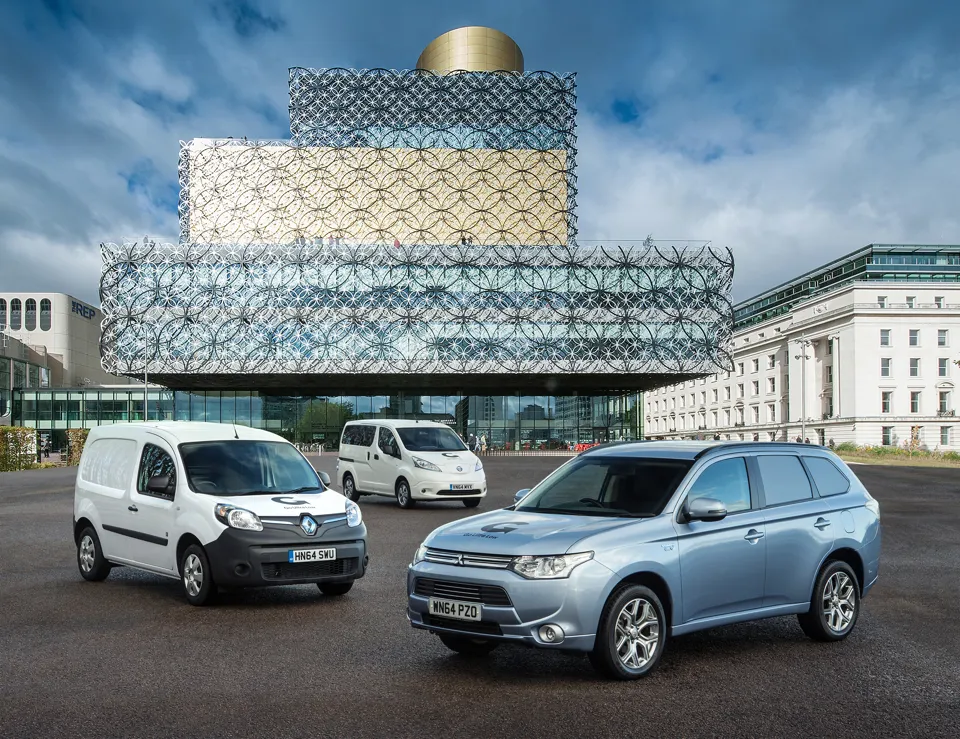Go Ultra Low claims fleet managers are missing out on a share of more than £2.6 billion in potential fuel savings by not choosing an ultra-low emission van.
The campaign group, which is jointly funded by the Office for Low Emission Vehicles (OLEV) and the Society of Motor Manufacturers and Traders (SMMT), says compared with the cost of operating a diesel-powered van, nearly half (1.8 million) of the 3.7 million vans on UK roads could benefit.
It suggests that they could be tapping into typical annual savings of £1,459 per vehicle based on an annual mileage of 20,000 miles, when comparing a typical electric van versus an equivalent diesel vehicle.
Millions of operators run small and medium-sized vans as back-to-base or short-haul vehicles, a duty-cycle perfectly suited to pure-electric vans such as the Nissan e-NV200, Renault Kangoo Van ZE and plug-in hybrids like the Mitsubishi Outlander 4Work, says Go Ultra Low.
Hetal Shah, head of the Go Ultra Low campaign, said: “Ultra-low emission commercial vehicles make so much sense for operators large and small, particularly when you consider the massive fuel savings on offer and the opportunity to write-off the cost of the vehicle.
“Add to the mix lower maintenance fees and tax rates, plus the potential for reduced whole-life running costs, and they really do make a compelling option.”
Go Ultra Low says that businesses operating ultra-low emission vehicles (ULEVs) can significantly reduce annual fleet management costs. The savings are immediate, with a Government grant of up to £8,000 towards the purchase price and 100% of the vehicle's value applicable to write off as a capital allowance.
Thanks to CO2 emissions of less than 75g/km, all ULEVs are exempt from road tax. Other advantages such a nationwide network of free recharging points and no congestion charges in London make ULEVs a valid alternative to traditionally-fuelled vans, claims the campaign group.
Go Ultra Low exists to help motorists understand the benefits, cost savings and capabilities of the raft of new ultra-low emission vehicles on the market.
The collaborative campaign is the first of its kind, bringing together a consortium of seven leading vehicle manufacturers (Audi, BMW, Mitsubishi, Nissan, Renault, Toyota and Volkswagen), OLEV and the SMMT.




















Login to comment
Comments
No comments have been made yet.